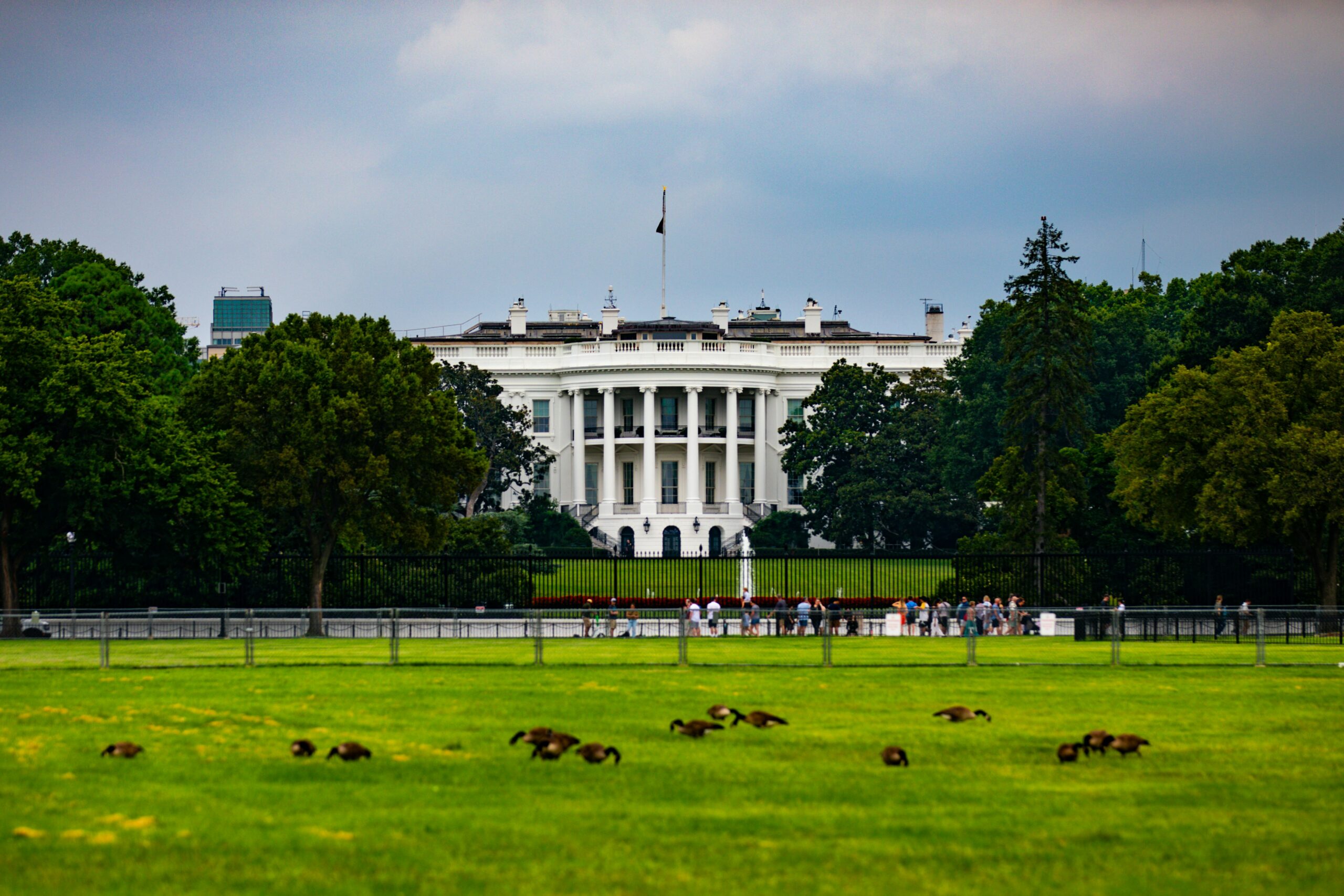Image credit: Pexels
In a significant development within the energy sector, the regulatory approval for Exxon Mobil’s acquisition of Pioneer Natural Resources, a transaction valued at $60 billion, has been granted. This approval, a major milestone, is not without its share of controversy: Scott Sheffield, the former CEO of Pioneer, is facing allegations of collusion with the Organization of the Petroleum Exporting Countries (OPEC) to manipulate oil prices, leading to his exclusion from joining Exxon’s board.
Scott Sheffield, a respected figure in the industry known for his extensive tenure and candid commentary on oil production and expenditure, is now at the center of a controversy. The Federal Trade Commission (FTC) is accusing him of orchestrating efforts to restrict output among US shale oil producers. The FTC claims that Sheffield used his influence to synchronize oil production across the Permian Basin in West Texas and New Mexico with OPEC+, a move allegedly aimed at influencing oil prices to benefit both parties.
Kyle Mach, the FTC’s Bureau of Competition deputy director, has unequivocally stated that Sheffield’s alleged misconduct disqualifies him from serving on Exxon’s board, citing the potential risks to market competition. While the FTC has not explicitly confirmed whether the allegations will be referred to the Department of Justice for further investigation, it has reiterated its commitment to investigating and addressing potentially criminal behavior within the industry.
Pioneer has vehemently defended Sheffield against the allegations, asserting that his communications were not intended to undermine market competition or violate antitrust laws. However, the FTC’s consent for the deal has ignited criticism from lawmakers concerned about the concentration of power within the industry, prompting calls for greater scrutiny and oversight of merger transactions.
Despite the controversy surrounding Sheffield, Exxon remains steadfast in its commitment to finalizing the acquisition of Pioneer on Friday. This move is poised to solidify its position as the largest oil producer in the Permian Basin. Notably, Sheffield will not be included on Exxon’s board, a decision influenced by the FTC’s investigation findings and the need to uphold corporate governance standards.
The FTC complaint has sparked broader discussions about the relationship between US shale producers and OPEC, raising concerns about potential collusion and anticompetitive behavior within the industry. Sheffield’s involvement in private meetings with OPEC members, facilitated by OPEC’s late Secretary General Mohammed Barkindo, has drawn scrutiny and prompted calls for greater transparency and accountability in industry practices.
While Pioneer has expressed surprise at the FTC’s complaint, the company remains committed to closing the deal with Exxon, citing the strategic importance of the transaction and the potential synergies it will create. Sheffield’s contributions to industry discussions on OPEC production cuts and oil price trends have been acknowledged as matters of public interest, underscoring the situation’s complexity and the need for thorough investigation and review.
Amid the allegations, the FTC has underscored the potential consequences of collusion between US oil firms and OPEC, emphasizing the importance of maintaining market competitiveness and integrity. Despite the controversy surrounding Sheffield’s actions, the acquisition deal between Exxon and Pioneer is set to proceed, marking a significant milestone in the energy sector that could potentially reshape industry dynamics for years to come.















































































































































































































